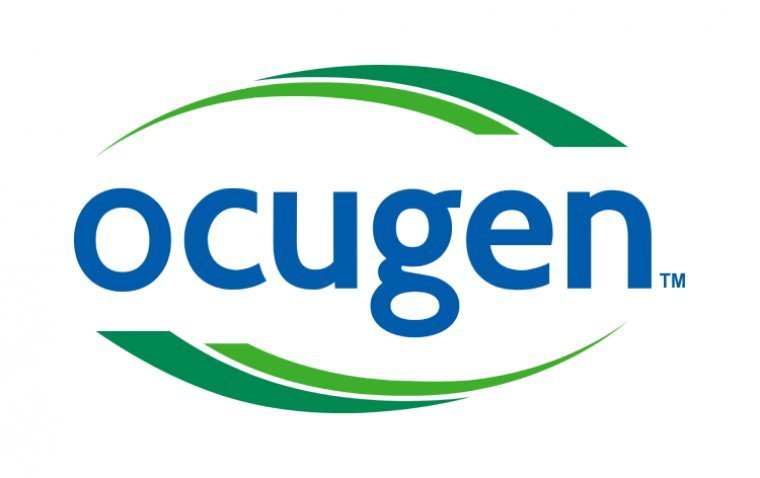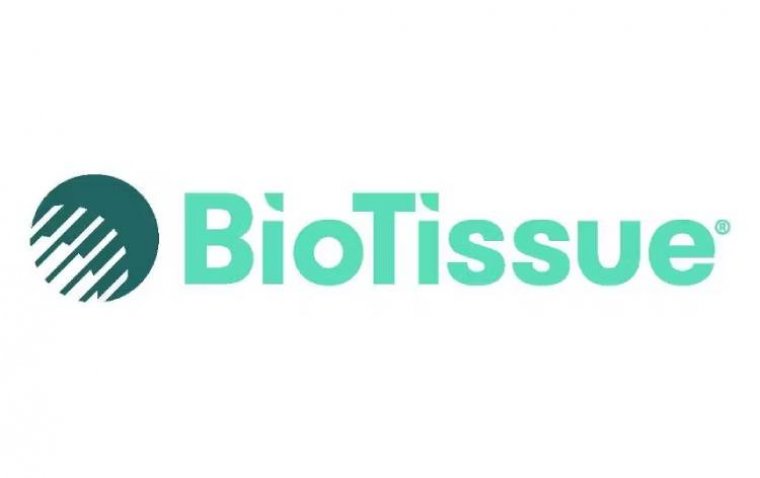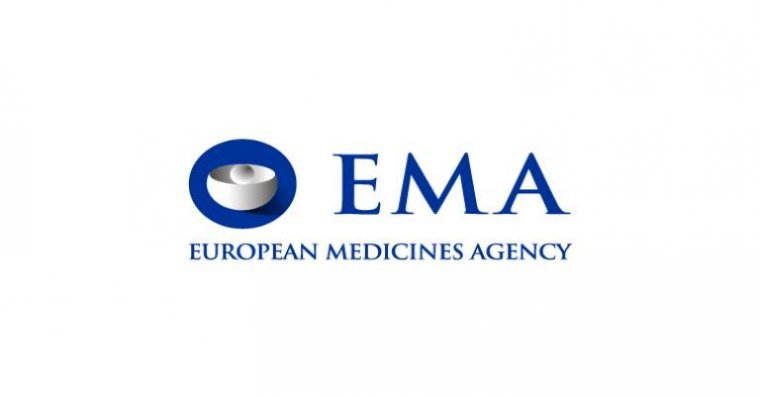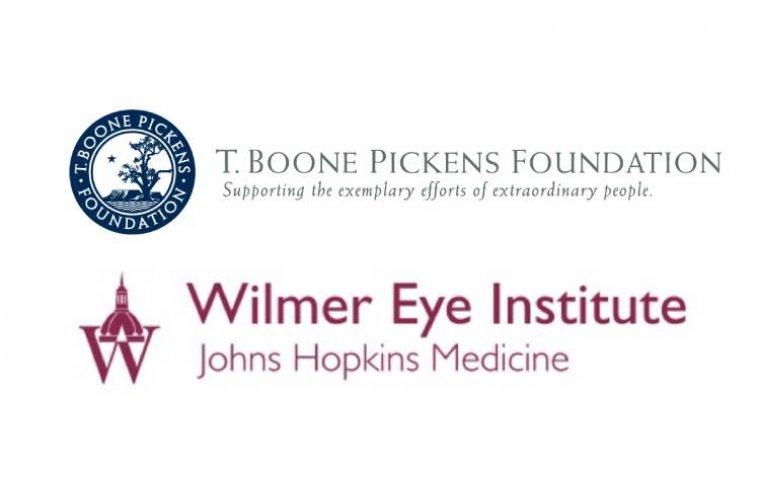
T. Boone Pickens Foundation Donates $20M to Wilmer Eye Institute
Founded by the late Texan visionary energy magnate and philanthropist, the T. Boone Pickens Foundation is donating a substantial sum of $20 million to the Wilmer Eye Institute, part of Johns Hopkins Medicine. This significant donation, initially announced in 2013, ranks among Wilmer's most substantial research donations and will be allocated to support vital vision-saving research and the establishment of a professorship.
As indicated by a news release from the Wilmer Eye Institute, Johns Hopkins Medicine, T. Boone Pickens developed a profound interest in eye condition treatment and research during the 1980s, triggered by his father's diagnosis of macular degeneration – a progressive disease causing central vision disruption and vision loss. During that time, effective preventive measures for his father's diminishing eyesight were unavailable.
The news release highlights that T. Boone Pickens eventually disclosed his personal struggle with macular degeneration, subsequently seeking treatment from Wilmer for this condition as well as cataracts. Under the care of a team led by Walter Stark, MD, and Neil Bressler, MD, and through the application of cutting-edge treatments, Pickens successfully preserved the majority of his eyesight until his passing in 2019 at the age of 91.
"Walter Stark, like my dad, had deep Oklahoma roots," says Pickens' daughter, Liz Cordia. "They became fast friends. This friendship ultimately evolved into Walter treating my grandad's glaucoma and my dad's cataracts and later diagnosing his macular degeneration."
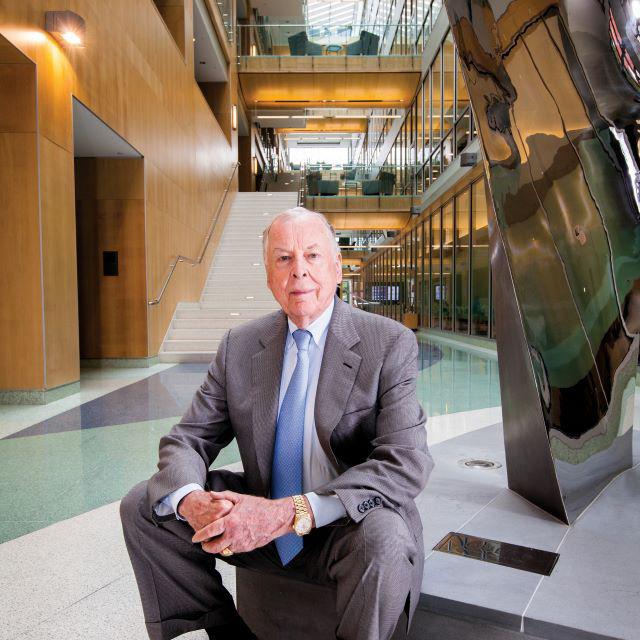
T. Boone Pickens
During the years 2005 and 2009, Pickens generously contributed a combined sum of $8 million. Initially, the donation was used to establish the Boone Pickens Professorship of Ophthalmology, which is presently occupied by Amir Kashani. Subsequently, a portion of the gifted funds was directed towards aiding the construction of the Robert H. and Clarice Smith Building, designed to accommodate Wilmer's advanced research laboratories and state-of-the-art operating rooms.
"Mr. Pickens' generous contributions to Wilmer will serve as the foundation on which teams of clinicians, scientists, and engineers will develop novel diagnostic and therapeutic interventions to prevent blindness and improve the health of people around the world," says Kashani.
In addition to pioneering research and the establishment of the Boone Pickens Professorship, the $20 million contribution from the Pickens Foundation will also establish further Boone Pickens Professorships, focusing on emerging researchers known as Rising Professorships. This allocation of funds is intended to support scientists who engage in innovative vision-preserving research, potentially addressing areas that might be overlooked by alternative funding prospects.
"The Pickens Rising Professors will be our best and brightest physician-scientists who are early in their careers and exploring their new ideas for improving the care of patients and ending blinding eye diseases," says Peter McDonnell, Wilmer's director. "This transformative gift from our friend, Mr. Pickens, will accelerate our work in artificial intelligence, stem cells, nanotechnology and other exciting new frontiers."
The donation follows a visit by Cordia and Jay Rosser, a representative of the foundation, to Wilmer's leaders and researchers earlier this summer. During the visit, discussions took place regarding the allocation of the donation within the institute and its application to the newly developed research facilities at Johns Hopkins.
"Advancing health and medical initiatives that would have impacts spanning generations was a core objective in Boone's giving," Rosser says. "When all is said and done, his philanthropic impact exceeded $1 billion and was directed at some of the world's most cutting-edge research institutions, and the Wilmer Eye Institute stands high on that list."
(1).jpg)


